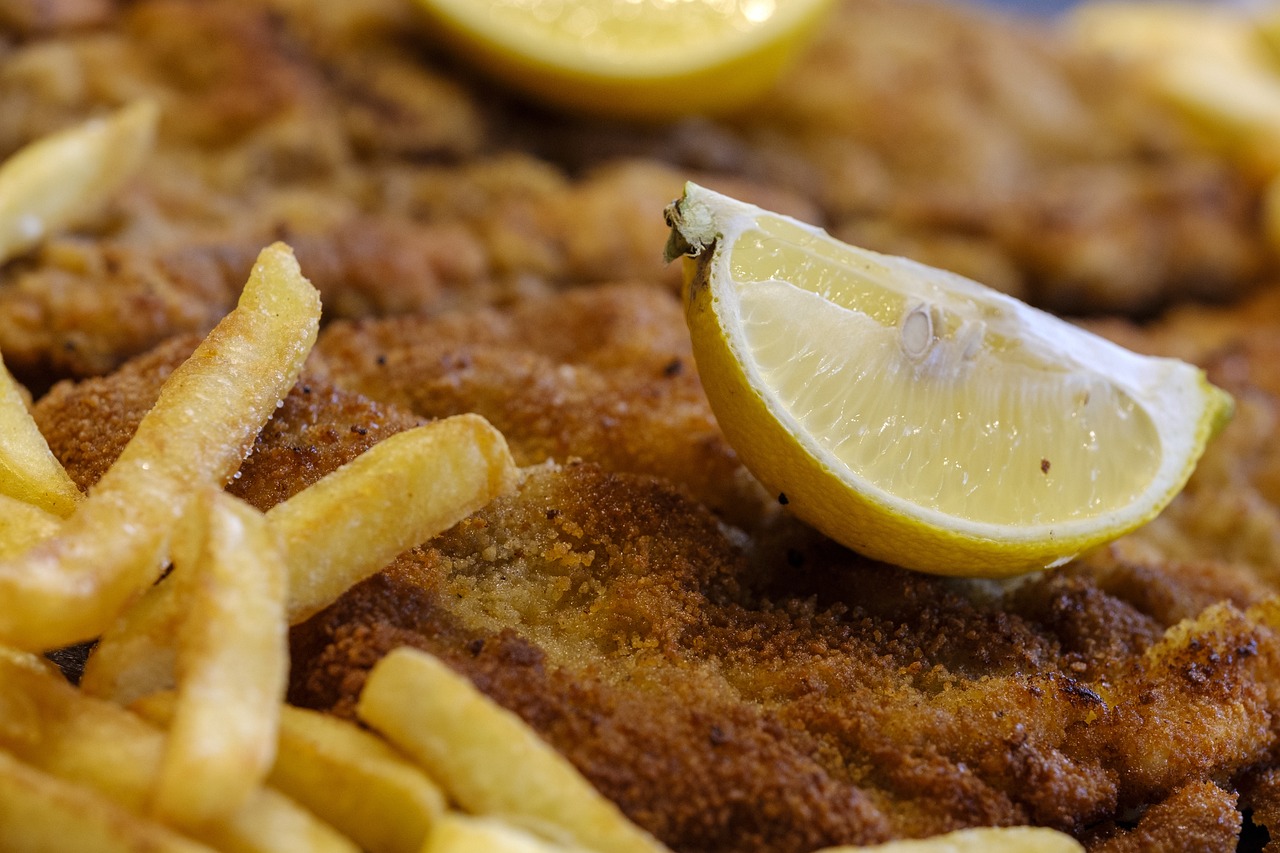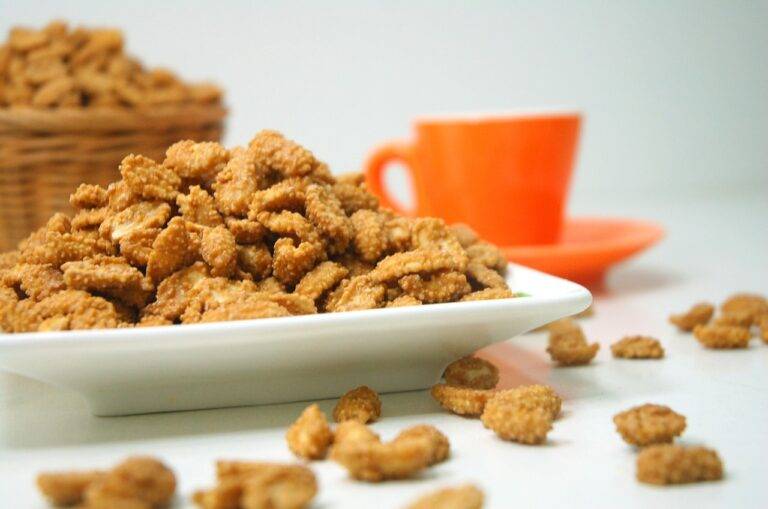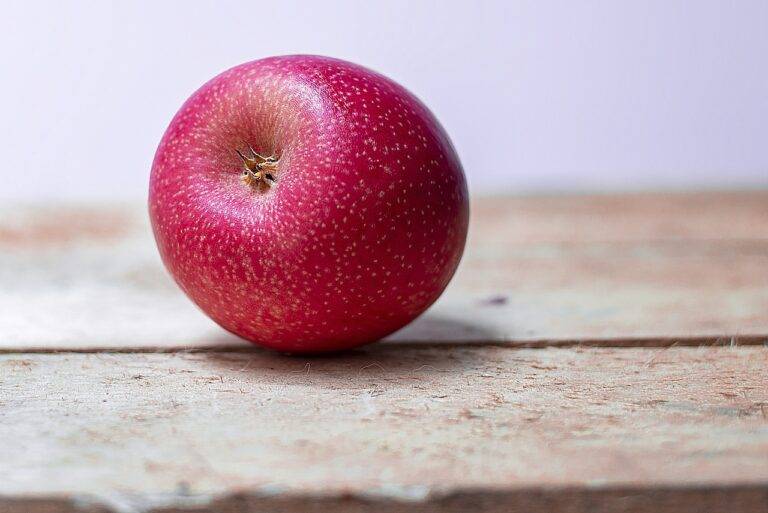Understanding the Connection Between Diet and Esophageal Health: Lotusbook365 login, Play99exch com, All panel login
lotusbook365 login, play99exch com, all panel login: Understanding the Connection Between Diet and Esophageal Health
Our diet plays a crucial role in our overall health, including the health of our esophagus. The esophagus is the tube that connects the throat to the stomach, allowing food and liquids to pass through for digestion. When we consume certain foods and beverages, they can have a direct impact on the health of our esophagus. In this article, we will explore the connection between diet and esophageal health and provide tips on how to maintain a healthy esophagus through proper nutrition.
The Importance of a Healthy Diet for Esophageal Health
A healthy diet is essential for maintaining optimal esophageal health. Certain foods and beverages can irritate the lining of the esophagus, leading to symptoms such as heartburn, acid reflux, and even more serious conditions like gastroesophageal reflux disease (GERD) and Barrett’s esophagus. By consuming a diet that is rich in nutrient-dense whole foods and low in processed foods, sugars, and unhealthy fats, you can help protect your esophagus and reduce the risk of developing these conditions.
Foods to Avoid for Better Esophageal Health
There are several foods and beverages that can contribute to esophageal irritation and should be avoided or consumed in moderation to protect the health of your esophagus. These include:
– Spicy foods: Spicy foods can irritate the esophagus and trigger acid reflux symptoms. Avoid or limit your intake of spicy foods if you experience heartburn or acid reflux.
– Citrus fruits: Citrus fruits like oranges, grapefruits, and lemons are acidic and can worsen symptoms of acid reflux and heartburn. Consider reducing your intake of citrus fruits if you suffer from these conditions.
– Alcohol: Alcohol can relax the lower esophageal sphincter, allowing stomach acid to flow back into the esophagus and causing symptoms of acid reflux. Limit your alcohol consumption to protect your esophagus.
– Caffeine: Caffeinated beverages like coffee, tea, and soda can also relax the lower esophageal sphincter and increase the risk of acid reflux. Consider reducing your caffeine intake or switching to decaffeinated options.
– Carbonated beverages: Carbonated beverages can cause bloating and increase pressure in the stomach, leading to acid reflux and heartburn symptoms. Opt for still water or herbal tea instead of carbonated drinks.
– Fried and fatty foods: Fried and fatty foods can slow down digestion and increase the production of stomach acid, leading to acid reflux and heartburn. Limit your intake of fried and fatty foods to support esophageal health.
Foods to Include in Your Diet for Better Esophageal Health
On the other hand, there are several foods and beverages that can promote esophageal health and reduce the risk of acid reflux and other esophageal conditions. These include:
– High-fiber foods: Fiber-rich foods like fruits, vegetables, whole grains, and legumes can help regulate digestion and reduce the risk of acid reflux. Include a variety of high-fiber foods in your diet to support esophageal health.
– Lean proteins: Lean proteins like poultry, fish, and tofu are easier to digest and less likely to trigger acid reflux symptoms compared to fatty meats. Incorporate lean proteins into your meals to protect your esophagus.
– Non-citrus fruits: Non-citrus fruits like bananas, apples, and pears are lower in acidity and less likely to worsen symptoms of acid reflux. Enjoy a variety of non-citrus fruits as part of a healthy diet for esophageal health.
– Oatmeal: Oatmeal is a soothing and easy-to-digest food that can help relieve symptoms of acid reflux and heartburn. Start your day with a bowl of oatmeal topped with fruits or nuts for a nourishing breakfast.
– Herbal tea: Herbal teas like chamomile, ginger, and peppermint can help soothe the lining of the esophagus and reduce inflammation. Enjoy a warm cup of herbal tea after meals to support esophageal health.
– Water: Staying hydrated is essential for optimal esophageal health. Drink plenty of water throughout the day to help maintain healthy digestion and reduce the risk of acid reflux.
By incorporating these esophageal-friendly foods and beverages into your diet and avoiding or limiting foods that can irritate the esophagus, you can support the health of your esophagus and reduce the risk of developing acid reflux and other esophageal conditions.
Tips for Maintaining a Healthy Esophagus Through Diet
In addition to choosing esophageal-friendly foods and beverages, there are several tips you can follow to maintain a healthy esophagus through diet:
– Eat smaller, more frequent meals: Eating large meals can put pressure on the stomach and increase the risk of acid reflux. Opt for smaller, more frequent meals throughout the day to support healthy digestion and reduce the likelihood of symptoms.
– Avoid eating close to bedtime: Eating a large meal or snacks close to bedtime can increase the risk of acid reflux during the night. Allow at least 2-3 hours between your last meal and bedtime to give your body time to digest food properly.
– Maintain a healthy weight: Being overweight or obese can increase the risk of acid reflux and other esophageal conditions. Maintain a healthy weight through a balanced diet and regular exercise to reduce strain on the esophagus.
– Chew food thoroughly: Chewing food thoroughly helps break down food particles and aids in digestion. Take your time to chew each bite before swallowing to support healthy digestion and reduce the risk of acid reflux.
– Consider your trigger foods: Pay attention to how certain foods and beverages affect your esophagus and avoid or limit trigger foods that worsen symptoms of acid reflux. Everyone’s triggers are different, so it’s important to listen to your body and adjust your diet accordingly.
By following these tips and making informed choices about the foods and beverages you consume, you can help maintain a healthy esophagus and reduce the risk of developing acid reflux and other esophageal conditions.
FAQs
Q: Can certain medications affect esophageal health?
A: Yes, certain medications like NSAIDs, bisphosphonates, and iron supplements can irritate the esophagus and increase the risk of damage. It’s important to take medications as directed and discuss any concerns with your healthcare provider.
Q: How does smoking affect esophageal health?
A: Smoking can weaken the lower esophageal sphincter and increase stomach acid production, leading to acid reflux and other esophageal conditions. Quitting smoking can improve esophageal health and reduce the risk of these conditions.
Q: Are there lifestyle factors that can impact esophageal health?
A: Yes, lifestyle factors like stress, poor sleep habits, and lack of physical activity can contribute to acid reflux and other esophageal conditions. Managing stress, getting enough rest, and staying active can help support esophageal health.
Q: When should I see a healthcare provider about esophageal issues?
A: If you experience frequent or severe symptoms of acid reflux, heartburn, difficulty swallowing, or unexplained weight loss, it’s important to see a healthcare provider for an evaluation and proper diagnosis. Esophageal issues can be serious and should be addressed by a medical professional.
In conclusion, the connection between diet and esophageal health is undeniable. By choosing esophageal-friendly foods and beverages, following tips for maintaining a healthy esophagus through diet, and being mindful of lifestyle factors that can impact esophageal health, you can support your esophagus and reduce the risk of developing acid reflux and other esophageal conditions. Remember to listen to your body, make informed choices about your diet, and seek medical attention if needed to ensure optimal esophageal health.







